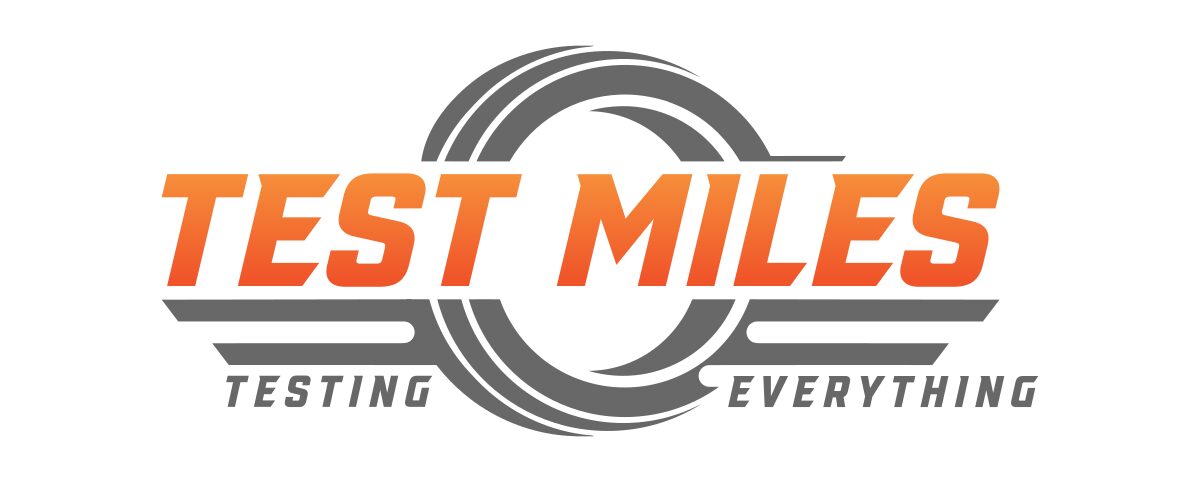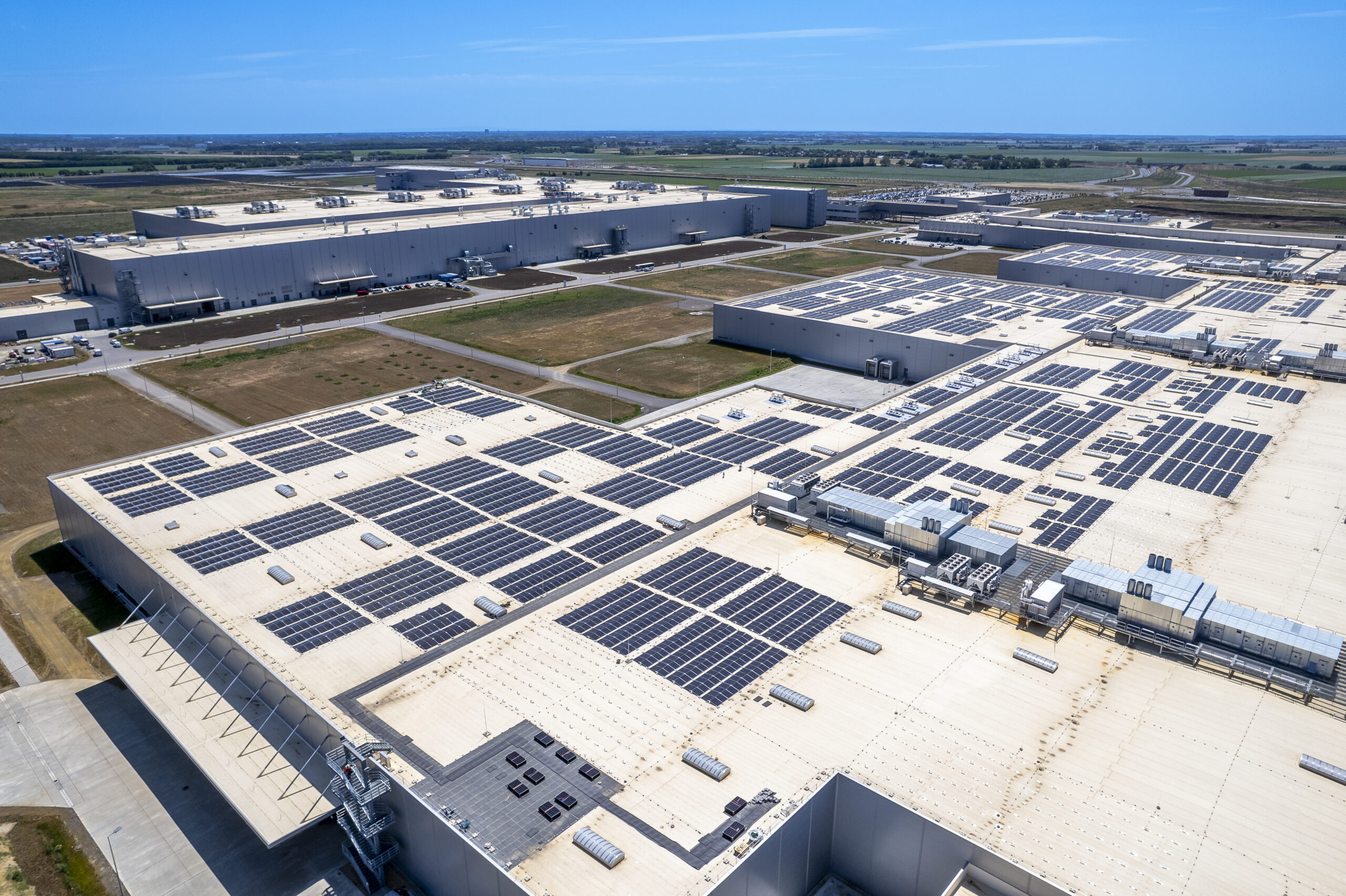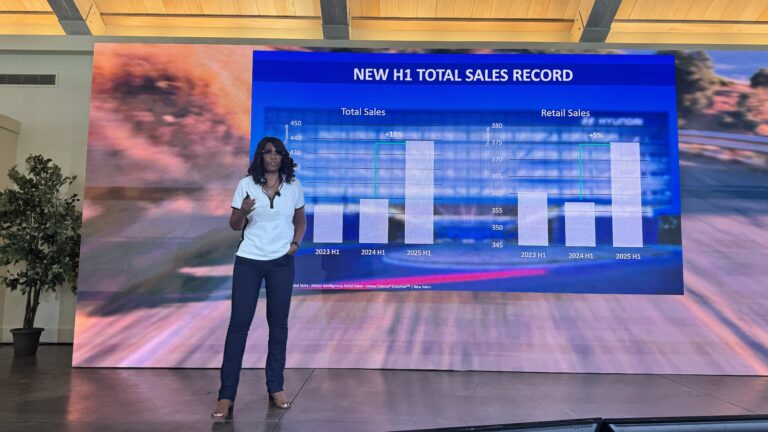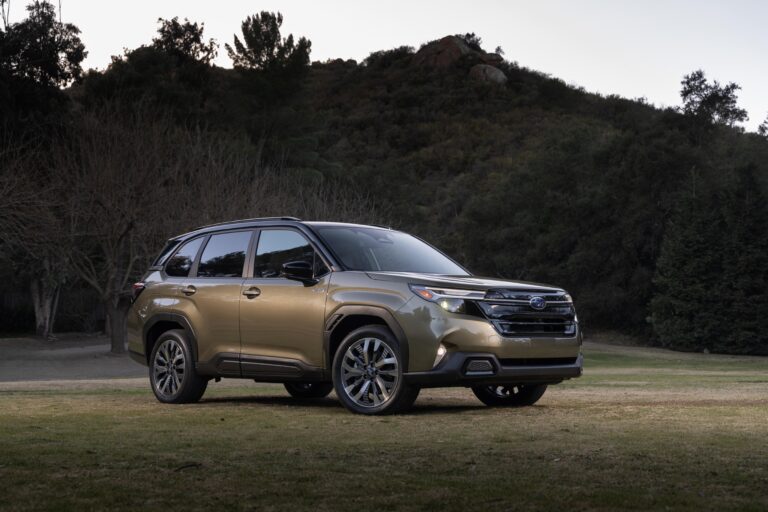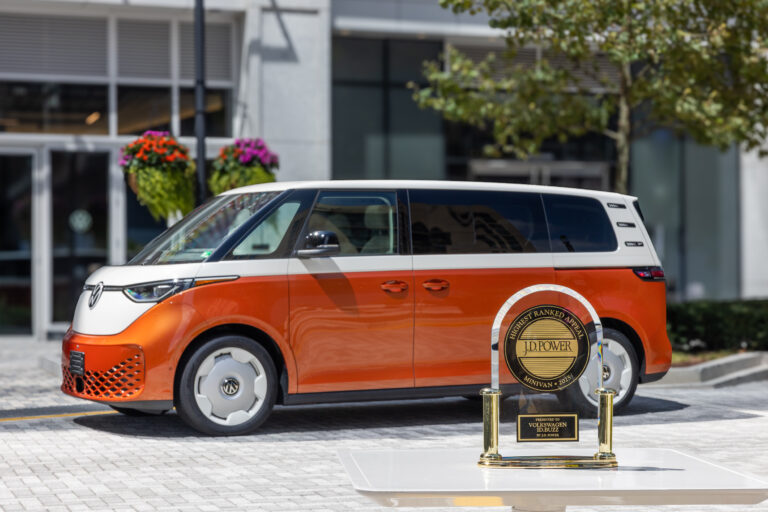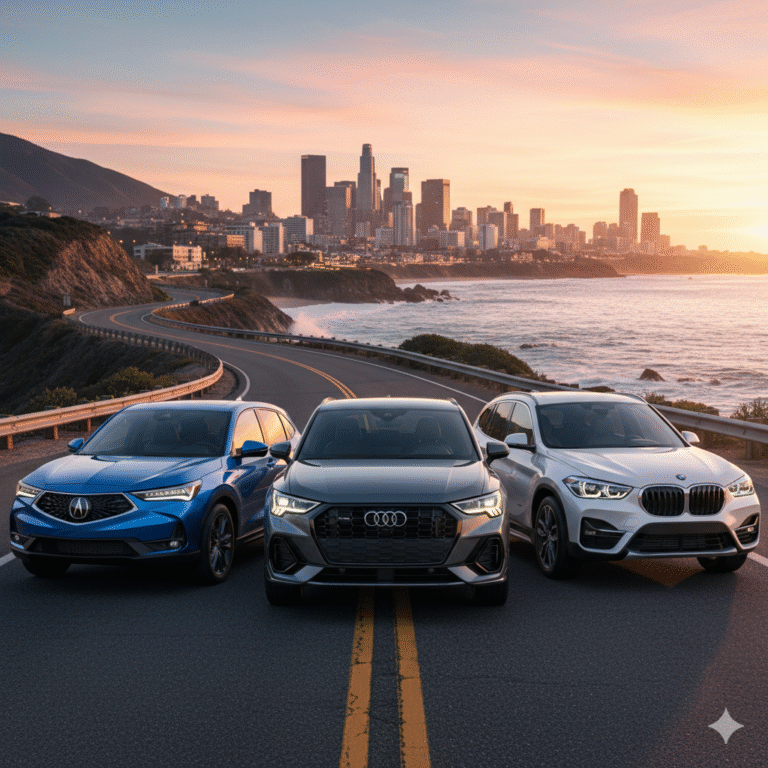BMW Bets Big on Sustainable Manufacturing
BMW’s sustainability strategy focuses on recycled materials, cleaner supply chains, and digital innovation to cut CO2 emissions.
Inside BMW’s push to reinvent carmaking for a low-carbon future
BMW has gone public with its most ambitious supply chain overhaul yet, aiming to decarbonize every stage of car manufacturing. In a candid interview, Hendrik Lang, Senior Vice President of Supply Chain Strategy and Sustainability, and Inga Griever, Business Development Manager at BMW i Ventures, outlined the company’s plan to tackle emissions, secure rare materials, and ensure the Bavarian automaker doesn’t fall behind rivals in the race for green credibility.
You may also like: Hot Wheels Futura: Mitsubishi 3000 GT VR-4 Art Car Die-Cast

Why does this matter right now?
Governments are tightening emissions standards, climate deadlines are looming, and customers expect automakers to deliver on promises of sustainability. BMW says 66% of its total vehicle lifecycle CO2 comes from just three areas: aluminum, steel, and batteries. With the EU phasing out combustion cars by 2035 and U.S. regulators taking a harder line, failing to decarbonize isn’t just bad PR — it’s an existential threat.
BMW has already achieved a 42% CO2 footprint reduction in the iX3 supply chain, compared to previous models, by using recycled materials and green energy. By 2030, the company aims to cut 14 million tons of CO2, with half of its global output being fully electric vehicles. By 2050, it wants to hit net zero. Lofty goals, yes, but they’re backed by investments in startups like Boston Metal (CO2-free steel) and Cyclic Materials (rare earth recycling).
You may also like: Which EVs Still Qualify for the $7,500 Tax Credit?

How does it compare to rivals?
BMW isn’t alone in chasing a greener supply chain. Mercedes-Benz is banking on its EQ lineup while investing in CO2-free steel, while Tesla claims an advantage through its vertically integrated battery strategy. The difference is BMW’s dual approach: corporate venture capital via BMW i Ventures and on-the-ground supply chain changes in Munich, Spartanburg, and beyond.
For example, flax-based composites from BCOMP — once a motorsport experiment — are now entering BMW’s mainstream vehicles, replacing traditional carbon fiber. The company’s Catena X digital platform also sets it apart, tracing carbon footprints from mine to showroom floor. In an industry still plagued by data silos and reluctant suppliers, that transparency could prove a decisive advantage.
You may also like: BMW Doubles Down on Circular Car Manufacturing

Who is this for and who should skip it?
BMW’s sustainability agenda will appeal to environmentally conscious buyers who want reassurance that their luxury SUV or sporty coupe isn’t quietly undoing years of climate progress. It also resonates with investors, regulators, and employees who want BMW to remain a competitive force in a carbon-constrained future.
That said, skeptics will point out that building millions of cars — no matter how “circular” — still requires vast energy, metals, and logistics. If you believe the greenest car is the one not built, BMW’s plan won’t sway you. But for most consumers looking to balance performance with responsibility, this strategy speaks volumes.
You may also like: BMW X5 Offers Five Drivetrain Options Including Hydrogen

What is the long-term significance?
BMW’s push signals a shift in the very DNA of carmaking. Sustainability is no longer a side project or marketing line — it’s becoming the business model itself. By embedding CO2 reduction into supplier contracts, piloting digital traceability, and investing in local-to-local battery production, BMW is betting that the future car buyer won’t just care about horsepower or touchscreen size, but also the carbon footprint of a kidney grille.
There’s also geopolitical urgency. With rare earths and semiconductors concentrated in China, BMW’s diversification efforts — like expanding rare earth recycling in Arizona — could make or break its resilience in the next supply chain shock. As AI data centers and energy storage begin competing for batteries, BMW’s foresight today may determine whether it has cars to sell tomorrow.
Ultimately, BMW is telling the world that sustainability isn’t optional. It’s the cost of entry for staying relevant in a transformed global auto market.
Follow Test Miles for the latest automotive insights, news, and reviews. Join the conversation on how sustainability is reshaping the cars we drive and the future of mobility.
You may also like: 2026 Detroit Auto Show Set for Major Comeback
